Thank you for helping to
Keep the conversation going
Here are some ways we can help you.
We hope you enjoyed The Castle Conference: Digital Wellbeing for Young People.
We know you want to keep the conversation going so we have created a page to help you do that.
The page will be updated with slides and videos when they are available.
Watch the Castle Conference Catch Up
We hope that The Castle Conference inspired you, got you thinking and talking about the topic of Digital Wellbeing. We really hope you have been talking about the conference to your friends, family and colleagues.
We certainly are and we arranged it!
The Castle Conference Catch-Up was a chance to keep talking, a chance to share your thoughts, a chance to find out what questions we have been asked since the day and a chance to ask us new questions.
Andy & Lucy
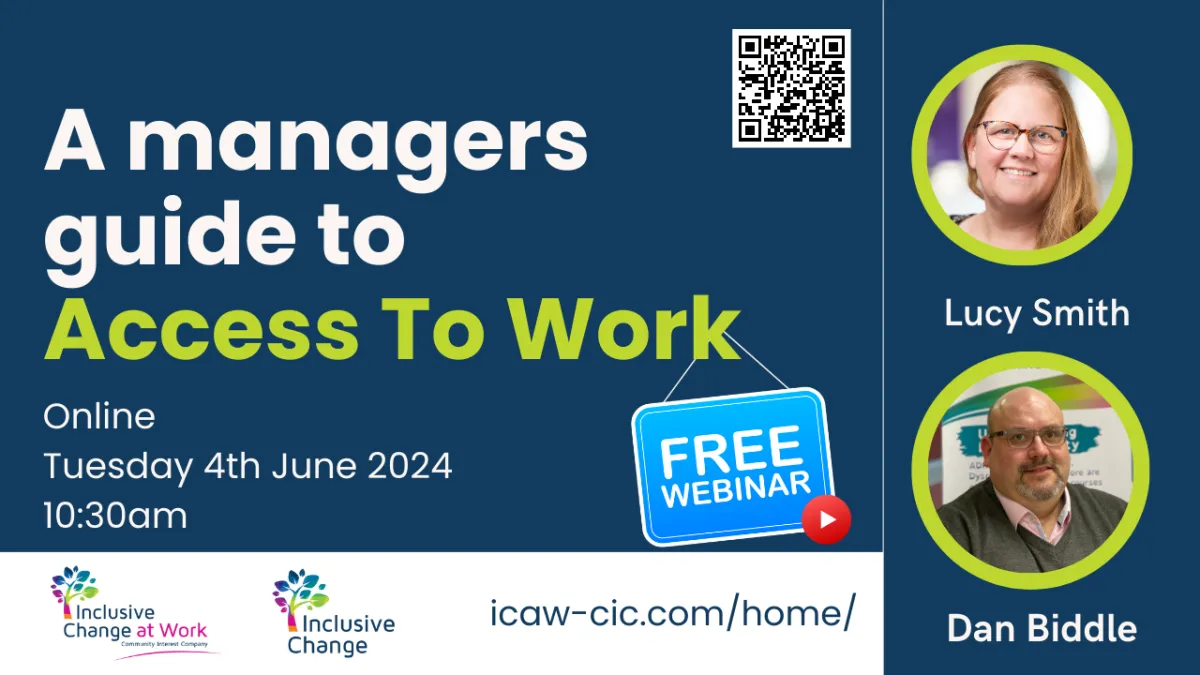
4th June 2024
Free Webinar
Join Lucy & Dan from Inclusive Change At Work CIC who will be discussing how to support disabled and neurodivergent employees to thrive at work.
Recap from the event
We have combined the slides into a video for you to rewatch
This is only the slides - no audio. Videos will be uploaded soon.
Speaker Videos
We will be uploading videos from The Castle Conference as soon as they are available.
COMING SOON!
Resources
Links and downloads for you
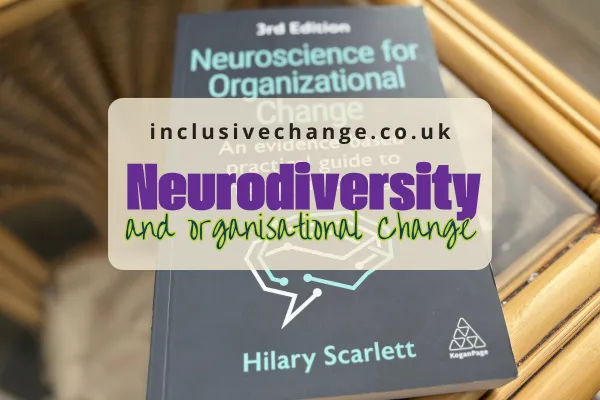
Psychological safety in change
Change doesn’t just shake up structures and systems, it unsettles people. For neurodivergent employees, the emotional impact of organisational change can be profound, particularly when psychological safety is lacking or inconsistently applied.
In the final part of this blog series, based on an interview I gave published in Neuroscience for Organisational Change with Hilary Scarlett we explore why psychological safety must be sustained through change, and why managers and leaders carry a particular responsibility to protect and promote it. Without this foundation, even the most inclusive strategies can unravel.
Psychological Safety Is Not a One-Off Effort
Psychological safety means being able to speak up, share concerns, or show vulnerability without fear of judgment or consequence. It is a prerequisite for innovation, collaboration, and inclusion, and it is especially crucial for neurodivergent employees, many of whom may have experienced misunderstanding, exclusion, or stigma in previous roles.
When change arrives, the dynamics shift. Project leads may foster safe environments during the transition, but what happens when they leave? If a new manager replaces a psychologically safe leader with a more rigid or less empathetic approach, the sense of safety can collapse overnight.
For a neurodivergent person who has disclosed a diagnosis, raised concerns, or taken interpersonal risks, this shift can be deeply damaging. Trust is fragile. Once broken, it takes more than policy to repair.
The Manager’s Role in Navigating Neurodivergent Needs
Managers are on the front line of change. They don’t need to know the diagnoses of their team members, but they must be attuned to signs of struggle, and ready to respond constructively. That means asking thoughtful questions, not making assumptions.
A well-intentioned manager might notice someone disengaging and assume they are resistant. But if that person is dealing with the loss of their work routines, or has lost access to the tools that supported their performance, what looks like resistance may be exhaustion or anxiety.
One common misunderstanding relates to Rejection Sensitivity Dysphoria (RSD), which is particularly prevalent among people with ADHD. Even neutral feedback or a change in tone can trigger an outsized emotional response. A neurodivergent employee might suddenly leave a meeting, not from aggression but to avoid crying or showing visible distress, behaviour that could be misread if not understood through the right lens.
Managers must be trained to navigate these subtleties. They need the language, the empathy, and the tools to differentiate between behavioural issues and unmet needs. This isn't a one off awareness session but might look like a peer support or coaching network for managers or access to an experienced coach for your team when you are going through change programmes.
Designing for Safety, Not Just Compliance
Psychological safety cannot be left to chance. It must be built into the culture of change, not bolted on. This can mean:
Establishing regular, non-judgmental check-ins during periods of change
Offering a range of communication channels for feedback or concerns
Normalising conversations about different work styles, regardless of disclosure or sharing needs
Training leaders in neuroinclusive communication, empathy, and support strategies
A Foundation in Neuroscience
In Neuroscience for Organizational Change, Hilary Scarlett outlines the neurological need for control, predictability, and social connection. Psychological safety supports these needs, and its absence can trigger fight, flight, freeze, or fawn responses, particularly in neurodivergent individuals.
The book provides powerful insights into how leaders can design change in a way that works with the brain, not against it. For any organisation looking to make inclusion real, it’s an essential resource.
Order your copy at Kogan Page and use code NEW20 for 20% off your first purchase.
Embedding Lasting Change
At Inclusive Change, we work with organisations to embed psychological safety and neuroinclusion into the heart of their change programmes. From leadership coaching to ND audits and bespoke training, we help leaders shift from awareness to action.
To find out how we can support your team, visit inclusivechange.co.uk

Get Your FREE eBook
A Practical guide to Simplify your Digital Life
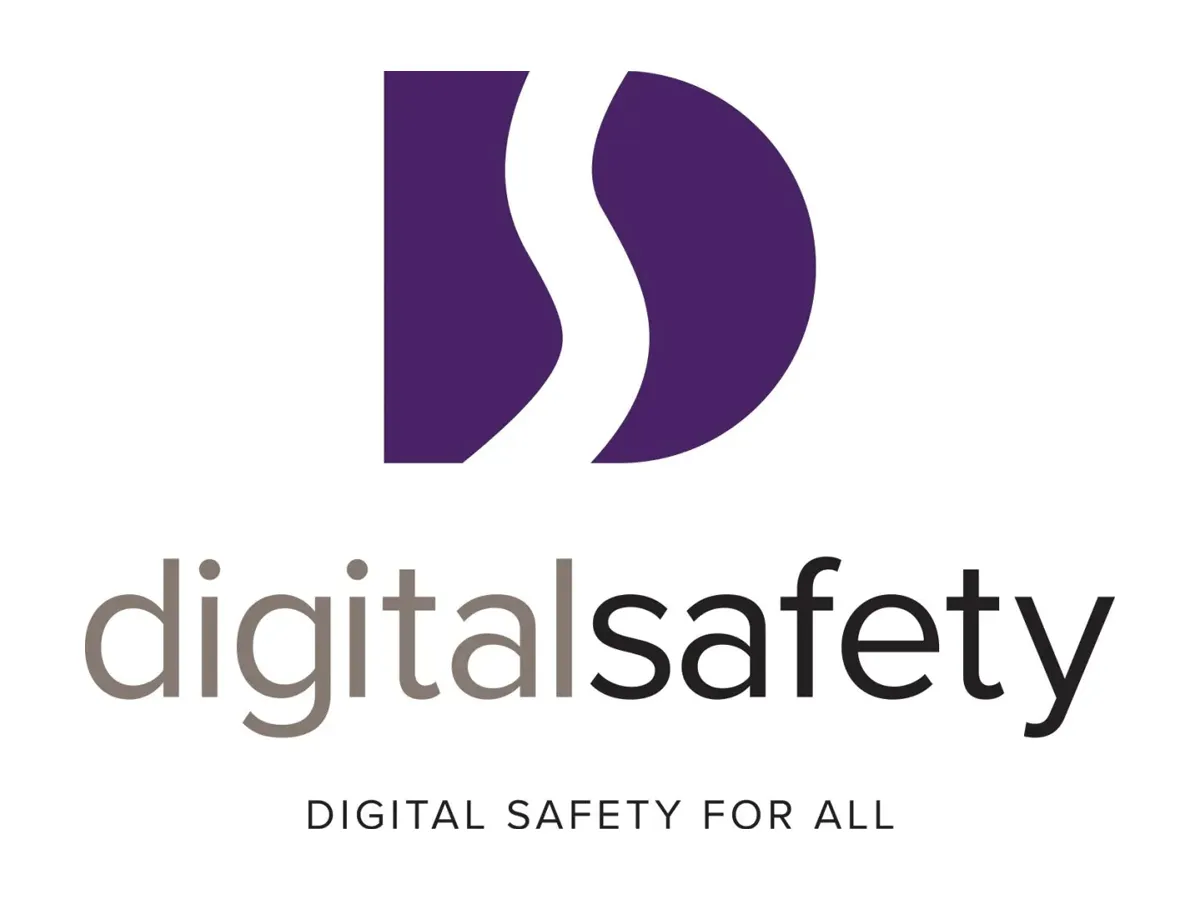
Digital Safety CIC - Online Resources
Exhibitor Information
We think you will agree that our exhibitors contributed so much to the event.
We know that we can tackle the problems we face alone - which is why we love working with others.
Thank you - you made the day INCREDIBLE!
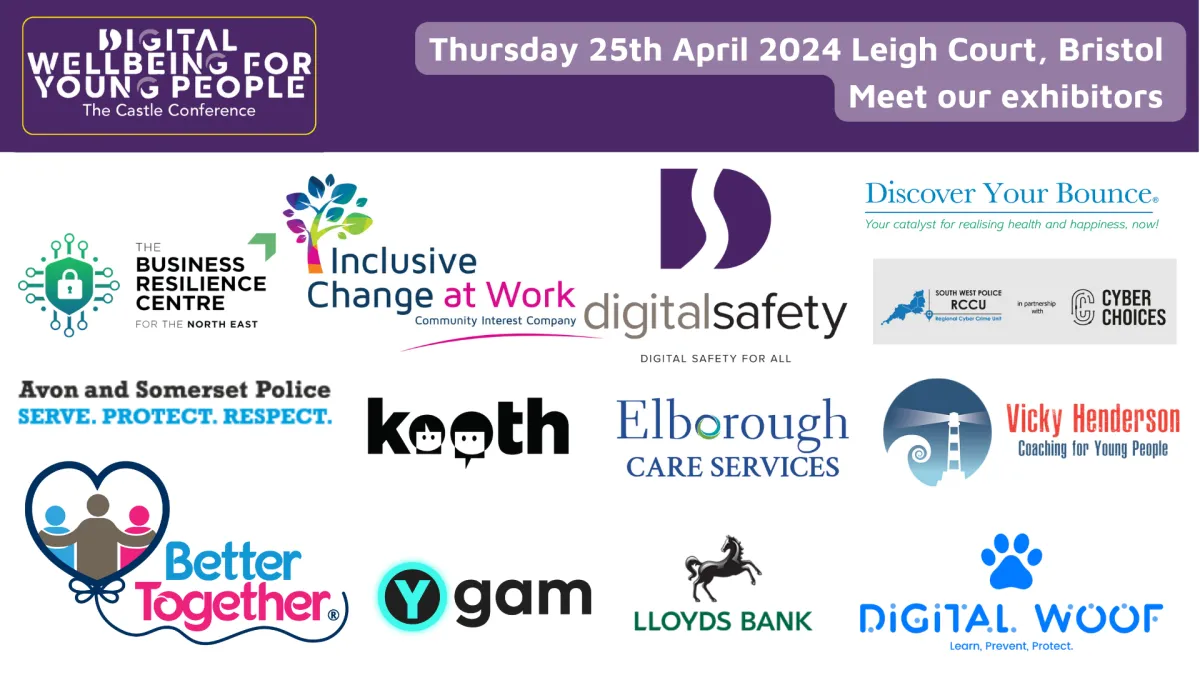
Inclusive Change At Work CiC
Bradbury House
Wheatfield Road
Bradley Stoke
Bristol
BS32 9DB
Companies House: 13271923
ICO registration: ZZB293922
UK register of Learning providers
UKRLP: 10090653
Privacy Policy | Terms and Conditions
Copyright © 2024 Inclusive Change At Work CiC | All Rights Reserved
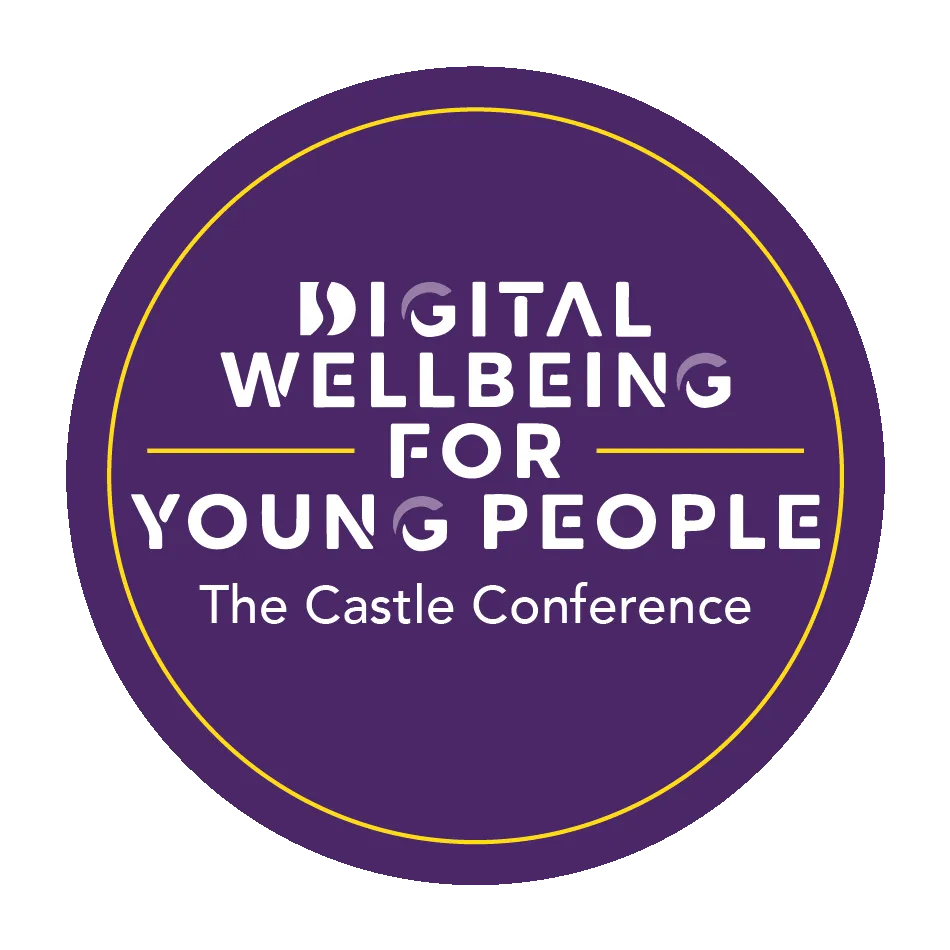
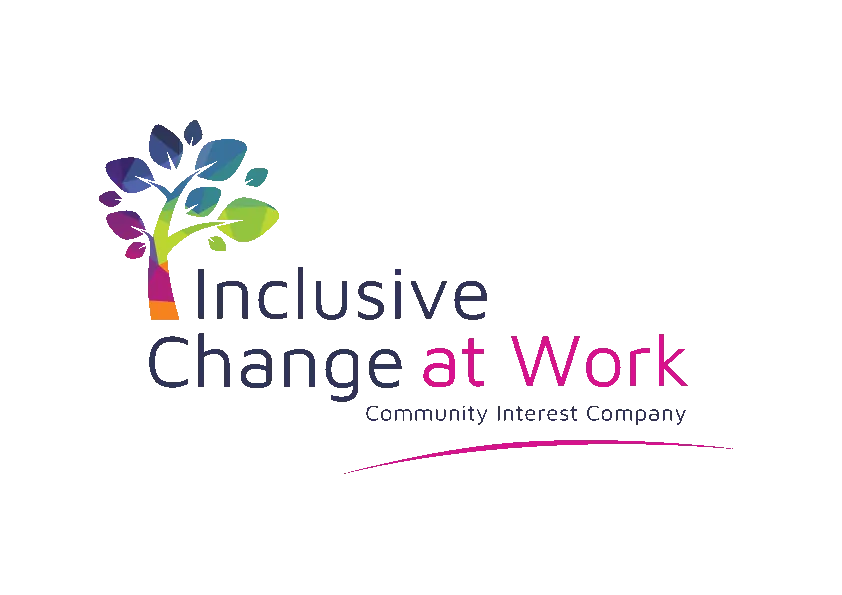



LinkedIn